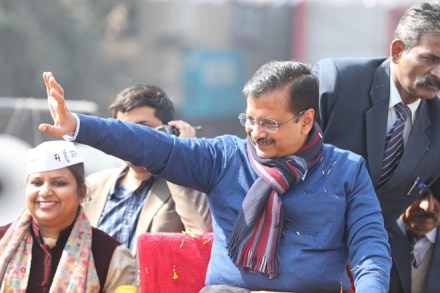- By Avanish Kumar
In recent years, cricket and politics are at the cutting edge of competition, using the best resources, skills and technologies to win an uncertain game. The Delhi election campaign 2020 was no less competitive than a T20 game. Like batsman, bowlers and fielders in cricket, the strategists, analysts, activists, along with active citizens’ engagement in restaurants, dining halls, on the streets made the battle fierce and fiery in politics. Delhi election witnessed the test of personality, performance and power to brand and bond with voters to decide the fate of the match. Did Delhi election campaign expand the rules of engagement? Are these rules applicable beyond politics? The answer is ‘yes’.
Commonly, every politician, like a marketer, wants precise knowledge about what their voters are thinking. Armed with political assumptions, strategists took measures to influence voters. Between the BJP and the AAP, the first learning is the assumption that crafted political branding. The BJP pitched nationalist agenda with unparalleled national leadership, while the AAP focused on state leadership with word-of-mouth direct connect of local leaders to reassure public benefits. The citizen-centric or customer-centric branding with the reassurance of direct and diverse benefits wins consumers.
Though the coach may turn around a match, what wins games is the collective performance of all the players and the role of the captain on the field. Arvind Kejriwal as a captain focused the campaign on health and education to regulate private and regain public institutions like schools, Farishte Dilli Ke scheme and Mohalla clinics, with no counter-narrative to the opposition; it created a silent consensus among the Congress traditional supporters and independent thinkers. Congress voters pitched on the winning captain. Regulating private institutions drifted independent thinkers towards the AAP’s ability and approach to realise that public and private services are accessible to all.
Along with AAP captain, AAP players’ being personally approachable and active on WhatsApp groups of Mohalla Sabha in their respective fields to address local concerns, created bonding with the team. In contrast, the BJP vote shares could not accumulate beyond the Modi factor. Delhi election campaign thus indicates the approach to bond collectively as a team and ability to brand niche benefits to diverse customers’ needs, results in realisation and reassurance of choice.
(The author is professor, Public Policy & Governance Area, MDI Gurgaon)
